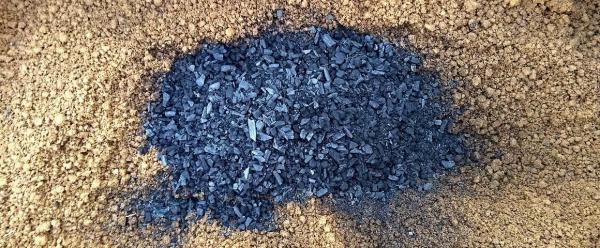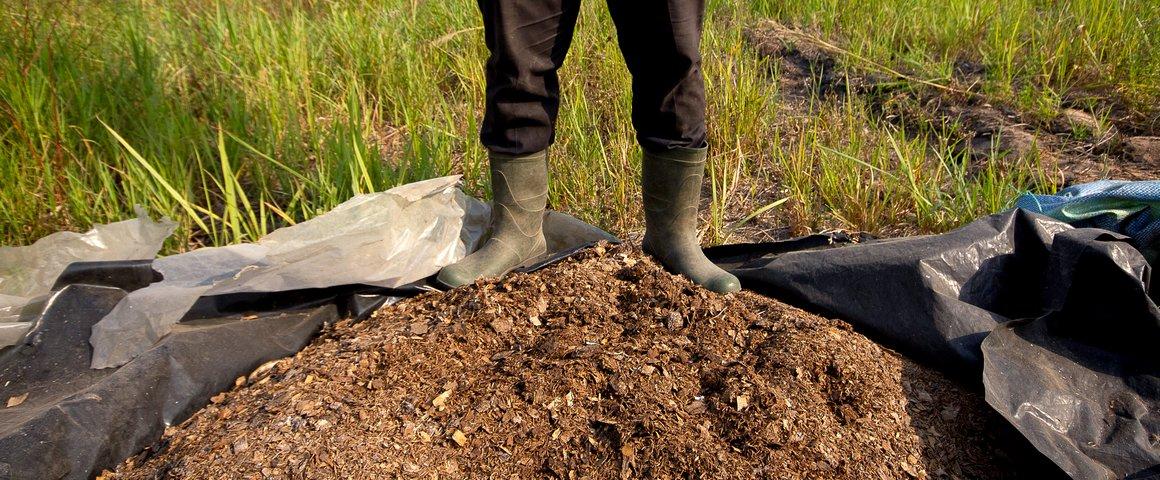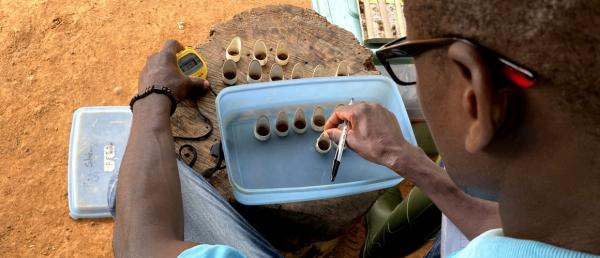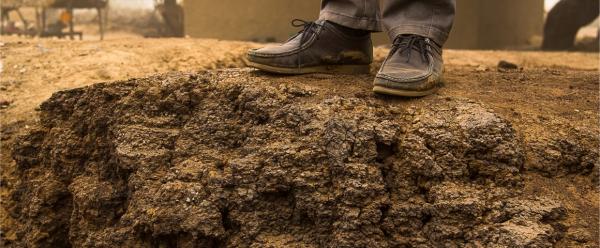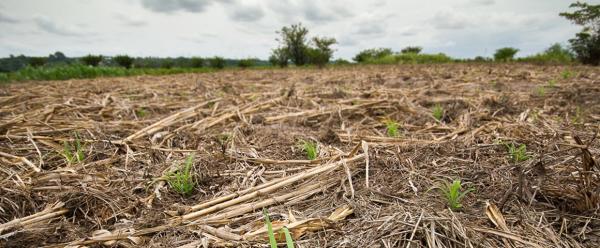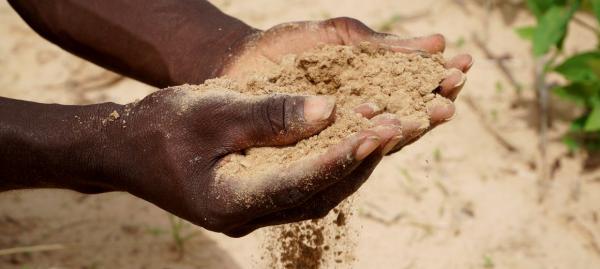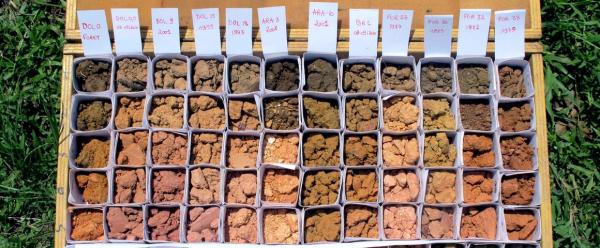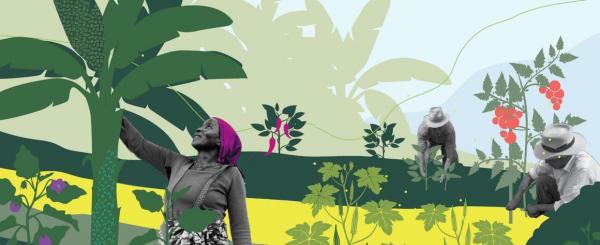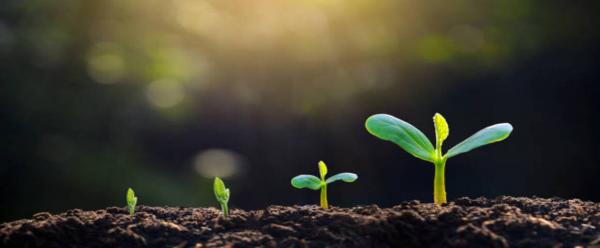As the European Union is working to develop a directive on soil health, there is still a knowledge gap between scientists, farmers, and policymakers. However, a wide range of research is currently being conducted to address soil health, preservation and restoration. At the core of these issues is carbon, which is not only a key element of soil fertility but also has high potential for mitigating climate change while helping to adapt to it.
“There was a huge need to collate all the knowledge produced on soil carbon in one place”, says Julien Demenois, a researcher in ecology and CIRAD’s policy officer for the 4 per 1000 initiative. “This is why we developed the Impact4Soil platform, to foster knowledge sharing and to inform policymakers and farmers with science-based knowledge.”
In particular, Impact4Soil provides smooth access to data and meta-analyses on soil carbon, as well as to scientific publications, best agricultural and forestry practices, and trends in soil carbon stocks. The platform covers all types of soils, and its comprehensive, integrated design enables users to:
- compare findings with the existing literature
- discover new perspectives to complement their work
- increase the visibility of research partnerships, activities and findings.
Impact4Soil helps to create synergies and collaborations by bringing together researchers, farmers, foresters and policymakers.
Impact4Soil was developed in the context of the ORCasa project, a Horizon Europe project coordinated by INRAE to bring together international stakeholders working on soil carbon sequestration.
Follow the webinar on Impact4Soil
Sign up to one of the two sessions to find out about Impact4Soil:
4 June from 14:00 to 14:50 (CEST): Microsoft Virtual Events Powered by Teams
6 June from 10:00 to 10:50 (CEST): Microsoft Virtual Events Powered by Teams
CIRAD is fully committed to soil preservation
With their partners, CIRAD’s scientists conduct research on several soil-related issues.
Biochar is one of the oldest products in the world, and has been the object of renewed interest in recent years. What is clear is that it has a multitude of applications: producing energy, capturing carbon, restoring agricultural soils and even purifying water. CIRAD has globally recognized expertise in biochar production processes. However, research has yet to be done to develop economic value chains in line with the issues facing our societies.
Healthy soils work well. This is the principle behind Biofunctool®, which measures three essential soil functions. It is easy to use, cheap, and robust. It is backed by a newly developed mobile app and web platform, and will shortly be available to agricultural advisors, training staff and the scientific community.
A study published on 22 June in Nature Communications summarizes 230 meta-analyses focusing on the effects of land use, agricultural and forestry practices and climate change on soil organic carbon. Based on more than 25 000 experiments, it identifies agricultural land management practices that are effective in restoring soil carbon, such as agroforestry and the use of organic amendments. The effects of climate change are a potential threat to the maintenance of soil carbon on a large scale.
CIRAD signed the EU Mission Soil manifesto in November 2023 and is an active member of the Soil Carbon International Research Consortium launched by the ORCaSa project.
In signing the European Mission Soil Manifesto, CIRAD has become an active member of the community of practice dedicated to preserving soils in Europe and beyond. The community, founded by the manifesto's signatories, was launched in Madrid on 22 November during the first European Mission Soil Week. Alongside the community, an international research consortium devoted to soil carbon, of which CIRAD is also a member, was also founded.
At the latest Climate COP, CIRAD also stressed the utmost importance of ensuring healthy soils to enable food systems to achieve the goal of net zero emissions.
Experts from CIRAD, IRD and the "4 per 1000" international initiative have issued a reminder of the vital importance of healthy soils in ensuring that food systems meet the target of zero net CO2 emissions. A few days ahead of COP28, they make a series of recommendations in a policy brief intended for policymakers.
CIRAD is also an active member of the 4 per 1000 initiative and coordinated the overseas 4 per 1000 project, whose report to policymakers was made public at the International Agricultural Show in 2023, during different presentations overseas and at COP28.
Just a few months before its completion, the “Overseas 4 per 1000” study is already delivering its first results. Soils in the French overseas territories typically store two to three times more carbon per hectare than those in metropolitan France, but a good deal of data is still missing. Filling these gaps will enable overseas farmers to certify their farms with the French Low-carbon label.
